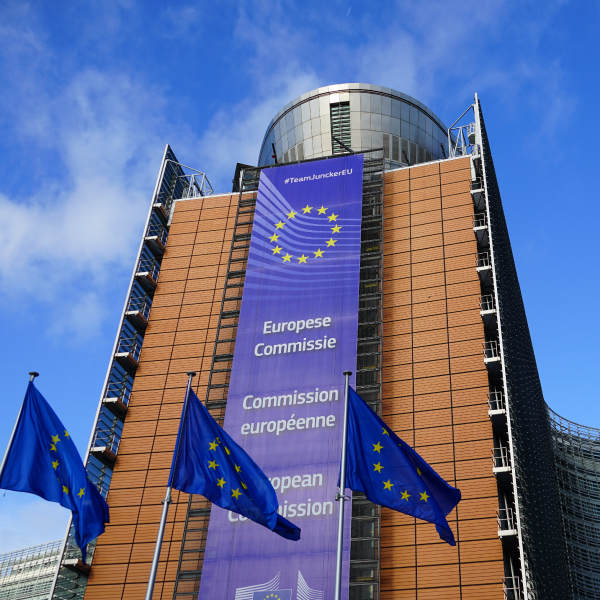
The Corporate Sustainability Reporting Directive (CSRD) outlines the obligation of companies to use standards to meet their legal sustainability reporting obligations.
The European Financial Reporting Adviser (EFRAG) presented its first draft standards to the Commission in November 2022. From then on, there were several consultations and substantial changes to the content of the standards.
Earlier this year, the Commission consulted Member States on the draft standards submitted by EFRAG, together with several EU bodies.
Finally, on July 31st, the Commission adopted common standards to help companies communicate and manage their sustainability performance more efficiently and therefore have better access to sustainable finance.
The European Sustainability Reporting Standards (ESRS) adopt a "double materiality" perspective and cover environmental, social and governance issues, in particular:
- Environment: climate, pollution, water and marine resources, biodiversity and ecosystems, resource use and circular economy.
- Social: own labor, workers in the value chain, affected communities, consumers and end users.
- Governance: business conduct.
By requiring the use of common standards for all companies in the territory, it aims to ensure that EU companies submit comparable and reliable sustainability information so that investors understand the sustainability impact of the companies in which they invest, and thus can make an informed decision.
The standards are mandatory for those companies obliged to comply with the provisions of the Directive that adopts the CSRD.
Reporting requirements will be phased in for different types of companies.